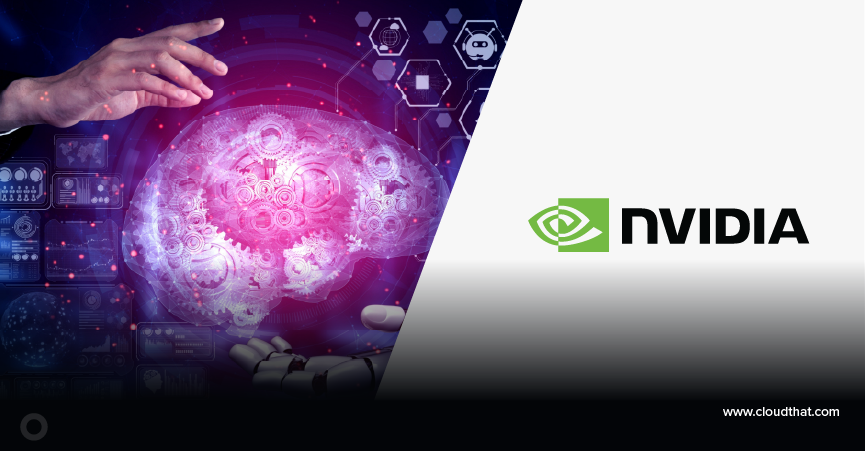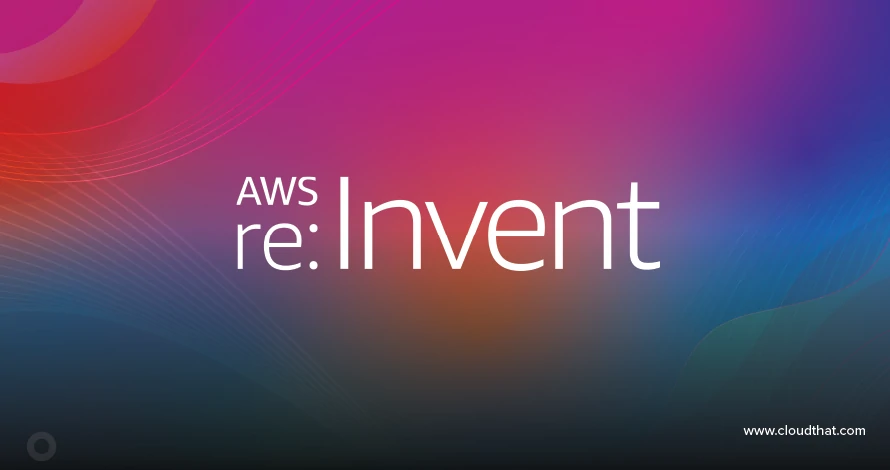|
Voiced by Amazon Polly |
Introduction
Cloud computing is now a crucial component of contemporary IT architecture. It allows businesses to store, process, and access data remotely, making scaling and managing their operations easier.
Docker allows virtualizing of the operating system, the application, and every associated component, making it highly portable and able to run anywhere. Docker is changing the cloud industry by providing a more efficient and streamlined approach to application development and deployment.
However, cloud computing can be complex, and managing applications can be a challenge. Docker is a powerful tool that can simplify cloud computing and make it more efficient.
Pioneers in Cloud Consulting & Migration Services
- Reduced infrastructural costs
- Accelerated application deployment
What is Docker?
Docker’s open-source technology enables programmers to build, distribute, and operate applications inside containers. Containers are lightweight and portable, making them ideal for cloud computing. Docker provides a consistent environment for applications, making it easier to manage dependencies and configurations.
Since it discovered a novel approach to package the tools needed to construct and launch a container more efficiently and straightforwardly than was previously feasible, Docker quickly gained popularity among software developers. Container images, the Docker run tool, the Docker Hub, the Docker Engine, the Docker Compose, and the Docker Desktop are all included in Docker when broken down into their elements.
Docker and Cloud Computing
Docker can help businesses in the cloud in several ways. First, it can simplify the process of deploying applications. Docker containers can be easily moved from one environment to another, making migrating applications to the cloud easier. Second, Docker can help reduce the complexity of managing applications in the cloud. With Docker, developers can package their applications and dependencies into containers, making deploying and managing them in the cloud easier.
In a container management system, Docker can be used to automate application deployment. The software can continue functioning while being transported using containers from one environment to another. Docker has been installed on each server, which provides simple instructions for creating, launching, and halting containers. Docker is used for containerization in AWS services like Amazon ECS and AWS Fargate, among others. To launch containers in these environments, you can connect Docker Cloud to your pre-existing cloud service providers like Azure and Amazon.
Docker Associate Certification can further enhance your understanding and proficiency in Docker, enabling you to leverage its capabilities effectively for cloud-based solutions.
Benefits of Docker in the Cloud
A program can be packaged with all its required components, such as libraries and other dependencies, and shipped out as one package using the containerization platform Docker. Docker provides several benefits when used in cloud computing environments.
Fast deployment is one of the key advantages of utilizing Docker in cloud computing. Docker containers can be created quickly and easily, allowing for faster migrations and ease of creating new instances. Another benefit is better security. Docker containers provide isolation between applications, meaning less access is needed to work with the code running inside containers, resulting in fewer software dependencies.
Docker also provides consistency across different environments. Developers can run an application in a consistent environment, from design and development to production and maintenance, eliminating production issues. Additionally, Docker increases the speed and efficiency of CI/CD pipelines by creating a container image that can be used across the pipeline while running non-dependent tasks in parallel.
Another benefit of using Docker in cloud computing is the efficient management of multi-cloud environments. Multi-cloud environments are gaining popularity, and Docker enables efficient management by providing consistency across different clouds. Finally, Docker can save costs due to its standardization and productivity features.
Use Cases for Docker in the Cloud
Docker can be used in a variety of cloud computing scenarios. For example, it can deploy microservices architectures, which are becoming increasingly popular in the cloud. Docker can also create a consistent development environment, making it easier for developers to collaborate on projects. Here are some common use cases for Docker in the cloud:

Conclusion
Docker is a powerful tool that can help businesses simplify cloud computing and make it more efficient. By using containers, companies can reduce costs, improve scalability, and improve reliability. Docker can be used in various cloud computing scenarios, making it a versatile tool for modern IT infrastructure. Docker is transforming cloud computing by providing a simple, efficient, consistent way to deploy applications.
Making IT Networks Enterprise-ready – Cloud Management Services
- Accelerated cloud migration
- End-to-end view of the cloud environment
About CloudThat
CloudThat is an award-winning company and the first in India to offer cloud training and consulting services worldwide. As a Microsoft Solutions Partner, AWS Advanced Tier Training Partner, and Google Cloud Platform Partner, CloudThat has empowered over 850,000 professionals through 600+ cloud certifications winning global recognition for its training excellence including 20 MCT Trainers in Microsoft’s Global Top 100 and an impressive 12 awards in the last 8 years. CloudThat specializes in Cloud Migration, Data Platforms, DevOps, IoT, and cutting-edge technologies like Gen AI & AI/ML. It has delivered over 500 consulting projects for 250+ organizations in 30+ countries as it continues to empower professionals and enterprises to thrive in the digital-first world.
FAQs
1. How do virtualization and Docker vary from one another?
ANS: – Docker uses operating system-level virtualization, while traditional virtualization uses hardware-level virtualization. This means that Docker containers share the same kernel as the host system, while virtual machines have their kernel.
2. How do you create a Docker image?
ANS: – A Docker image is created using a Docker file containing instructions for building the image. The Docker file specifies the base image, any additional dependencies, and the commands to run when the container is started.

WRITTEN BY Noopur Shrivastava
Noopur Shrivastava works as a Research Associate at CloudThat, where she is deeply passionate about cloud computing technologies such as AWS and Azure. She continuously strives to expand her knowledge and gain practical industry experience. As an effective communicator and strong team player, she is always eager to embrace new challenges and grow in her role. Her enthusiasm for learning and exploring emerging technologies, combined with her technical skills, enables her to contribute meaningfully to any team within the cloud domain.


 Login
Login


 May 5, 2023
May 5, 2023 PREV
PREV











Comments